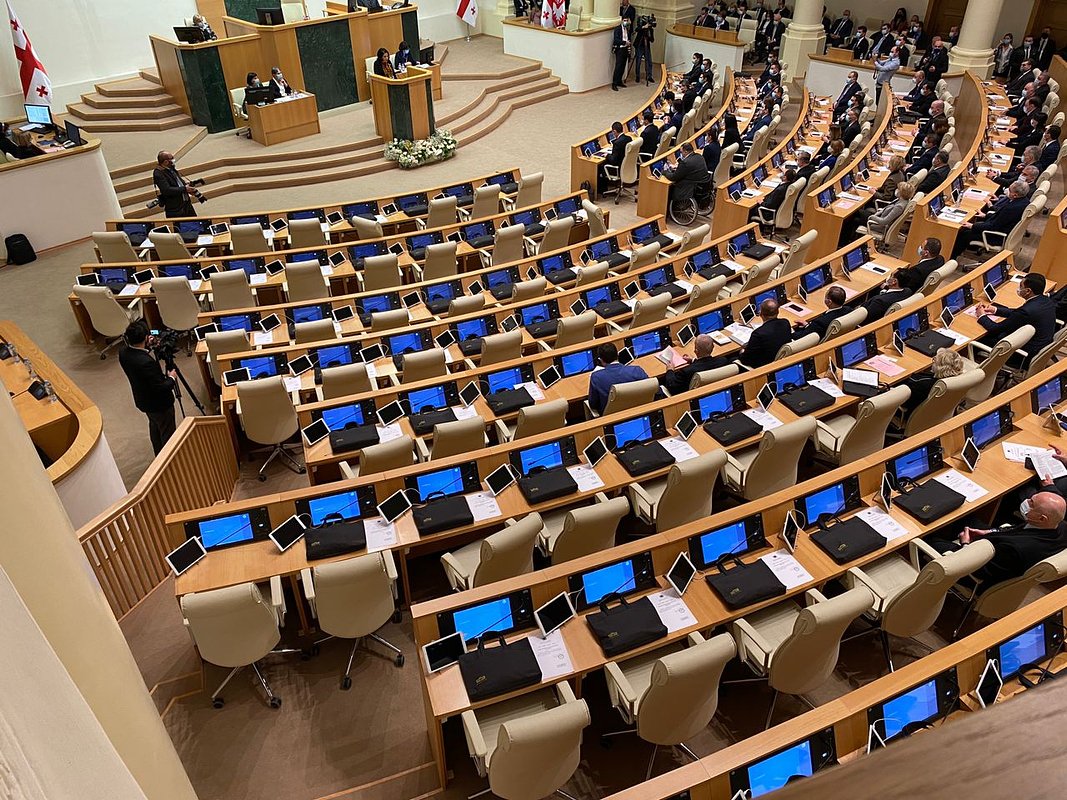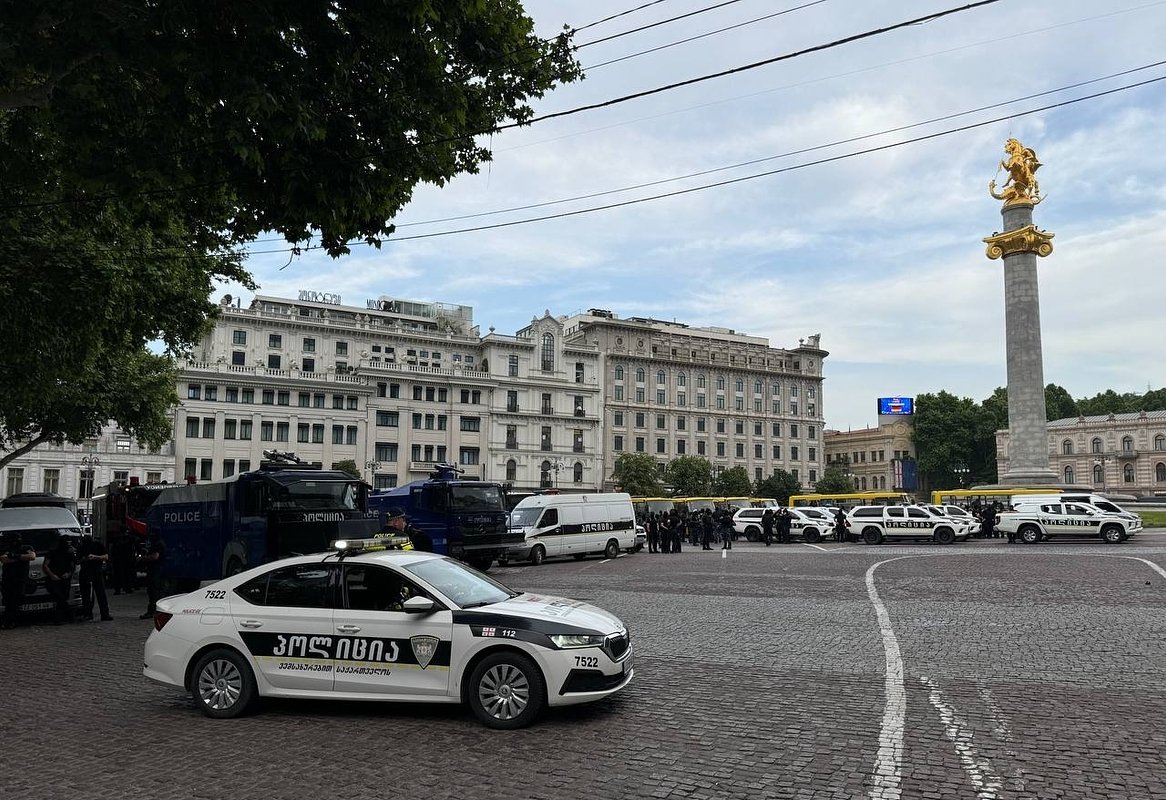Scandalous law on foreign agents came into force in Georgia
The scandalous law on foreign agents came into force in Georgia. On Monday, June 3, it was signed by the speaker of the country’s parliament, Shalva Papuashvili, despite the veto of the law by Georgian President Salome Zurabishvili and threats from the United States.
Today I signed the Foreign Influence Transparency Act. The purpose of this law is to strengthen the political, economic and social systems of Georgia in relation to outside interference
According to the Chairman of Parliament, after the publication of the document in the relevant gazette, the Ministry of Justice will have 60 days to prepare the required regulations and open an electronic portal for organizations.
Shalva Papuashvili
Photo: Lauri Heikkinen / Wikipedia
Next, non-profit legal entities and media covered by the law will be required to register with the register and publish a financial declaration for 2023. The law requires those that receive more than 20 percent of their funding from abroad to register as a “foreign power organization.” NGOs and media covered by it will be required to annually submit income and expenditure declarations to the Ministry of Finance.
If they fail to fulfill this obligation, they will be fined 25 thousand lari (about 806 thousand rubles). If the declaration is not submitted even after the fine, 20 thousand lari (about 644 thousand rubles) will be charged for each overdue month.
The Prime Minister of Georgia called the adoption of the law a victory over ill-wishers
Prime Minister of Georgia Irakli Kobakhidze, commenting on the signing of the law, named this is a victory over ill-wishers. According to him, Tbilisi thus managed to maintain sovereignty and security.
With the adoption of the law on transparency, only Georgia, its sovereignty and its security benefited, therefore, with the adoption of this law, only the ill-wishers of our country were defeated, this can be said unequivocally
At the same time, he pointed out that the adoption of the law should not be considered either as a victory for the government as such, or as a defeat for opponents of the law, or as a defeat for the country’s international partners. “This is often how they try to present it,” Kobakhidze explained, noting that a lot of misinformation about the law has been spread over the past few months.
The Prime Minister of the Republic also called the law on foreign agents a guarantee of peace.

Photo: RIA Novosti
The President of Georgia called the law on foreign agents “Russian” and contrary to the constitution
President Zurabishvili explained her veto on the law on foreign agents by saying that it “is Russian in its essence and spirit.” “It contradicts our constitution and all European standards, and therefore represents an obstacle to our European path,” she said.
In the United States, the country’s authorities warned of consequences if the initiative was approved. According to State Department spokesman Ned Price, the adoption of the law would jeopardize Georgia’s Euro-Atlantic future and also damage Tbilisi’s relations with strategic partners. He also called the bill “Kremlin-inspired.” The White House, in turn, announced its readiness to “fundamentally reconsider” relations with Georgia.

Photo: RIA Novosti
The Estonian Foreign Ministry also threatened sanctions. The country’s Foreign Minister Margus Tsahkna noted that if the law is adopted, Georgia will lose the opportunity to become a member of the European Union.
There was a wave of protests over the law in Georgia; deputies fought in parliament during its discussions
Georgian deputies fought several times during discussions of the bill. The Last Skirmish happened in mid-May, during the meeting where the bill was to be considered in the third reading. Women MPs also took part in the brawl, including Deputy Speaker of Parliament Nino Tsilosani, MP from the Georgian Dream party Ramina Beradze and opposition MP Tamar Kordzaia.
Related materials:
Since mid-April, the opposition and civil activists have staged rallies in Tbilisi against the adoption of the law. In some cases, protests escalated into clashes with representatives of security forces; special forces used pepper gas and water cannons to disperse protesters near the country’s parliament. For example, on May 14, after the law was adopted in the third reading, the Republic’s Ministry of Internal Affairs detained 20 people, including citizens of Russia and the United States, at a rally against the law. Citizens of Ukraine also took part in the riots.
#Law #Foreign #Agents #Georgia #adopted #Prime #Ministers #comment #reaction
